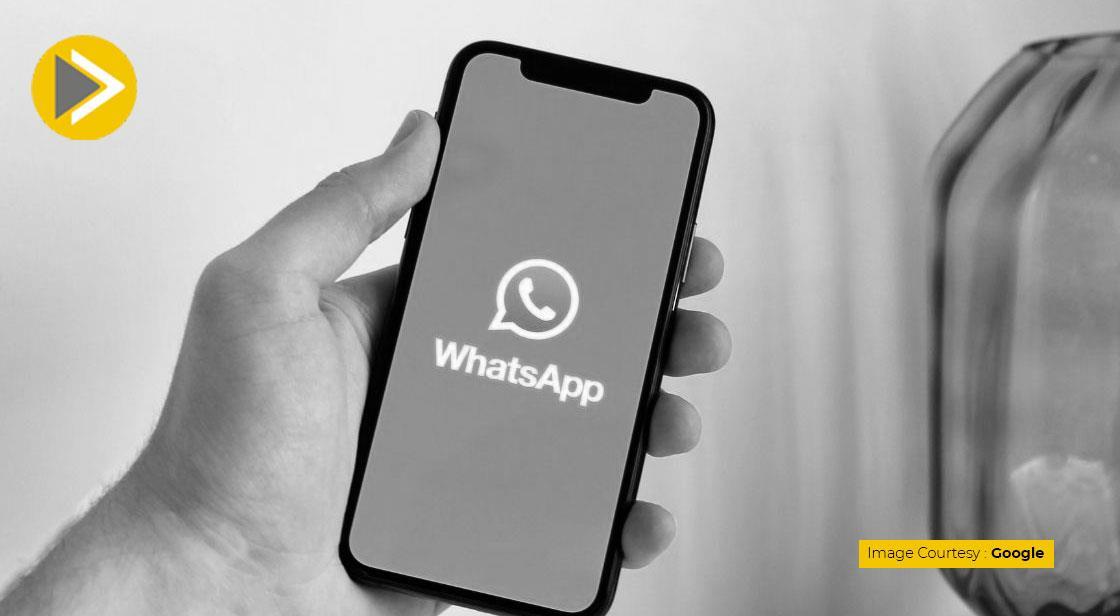WhatsApp to block ChatGPT, Perplexity and other AI chatbots from January 2026

News Synopsis
WhatsApp, owned by Meta Platforms, has updated its Business Application Programming Interface (API) policy to ban “general-purpose AI chatbots” from operating via its platform’s business channel, effective 15 January 2026.
The revised terms include a new section targeting what Meta refers to as “AI Providers” — defined as developers of large language models, generative AI platforms, or general-purpose AI assistants.
These providers will be “strictly prohibited … from accessing or using the WhatsApp Business Solution … for the purposes of providing, delivering, offering, selling, or otherwise making available such technologies when such technologies are the primary (rather than incidental) functionality”.
Who is affected and who isn’t
Affected: third-party AI assistants
Popular consumer-oriented AI bots — for example, ChatGPT from OpenAI and Perplexity’s assistant service — that operate inside WhatsApp will no longer be permitted under the Business API when the update takes effect.
Not affected: business-oriented chatbots
Meta clarified that the policy does not apply to companies using AI inside WhatsApp for customer-service or transactional use cases (e.g., airlines, banks, e-commerce platforms) provided the AI is ancillary or incidental rather than the primary functionality.
Why is Meta doing this?
Infrastructure and API‐design reasons
Meta says the Business API was built for “business-to-customer” use cases — such as support, bookings or updates — and not for general-purpose conversational AI. The company points to “system burdens” such as high message volume and support requirements created by third-party chatbot use.
Strategic and competitive control
While infrastructure is cited as the reason, many analysts note the timing aligns with Meta’s broader push to make its own assistant, Meta AI, the dominant chatbot across its platforms. By closing access to rivals inside WhatsApp (which has over three billion users globally), Meta gains greater control over the AI interactions, data and integration inside its ecosystem.
What this means for users and developers
For users
If you’re used to interacting with ChatGPT, Perplexity or another general-purpose assistant inside WhatsApp, you’ll need to switch to standalone apps, websites or other platforms after 15 January 2026. The assistant you chat with inside WhatsApp from that date onwards will effectively be Meta AI exclusively.
For developers and AI firms
Companies that have deployed bots inside WhatsApp will need to adjust their strategy — either migrating away from WhatsApp to other channels, or modifying their offering so that the AI isn’t the assistant’s primary functionality.
For businesses
If your business uses AI inside WhatsApp for customer service in an incidental way, you may continue. But if your core service via WhatsApp is a general-purpose AI assistant, you’ll be affected.
For the broader AI and tech environment
The move marks a significant consolidation of control in one of the world’s largest messaging platforms. It raises questions about the openness of ecosystems, choice for users, and competitive access for AI developers.
Timeline & important dates
-
October 2025: Meta announces updated WhatsApp Business API terms banning general-purpose AI chatbots. Bitget
-
15 January 2026: The update takes effect; third-party general-purpose AI assistants will no longer be allowed under WhatsApp Business API.
Conclusion
The decision by Meta to ban third-party general-purpose AI assistants such as ChatGPT and Perplexity from the WhatsApp Business API marks a strategic inflection point in messaging-platform AI control. On one hand, it reaffirms WhatsApp’s intended role as a business-to-consumer interface rather than a free-for-all chatbot platform.
On the other hand, it consolidates Meta’s dominance, making Meta AI the exclusive assistant inside WhatsApp from 15 January 2026 onward. For users, the change means fewer conversational-AI choices inside their messenger; for developers, it signals the need to pivot to other platforms or realign offerings. This shift has wider implications for competition, platform openness and how AI tools reach billions of users.
You May Like









